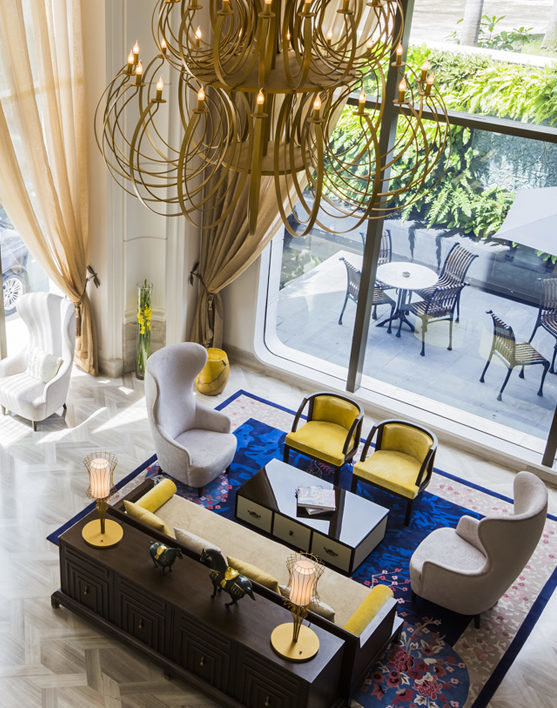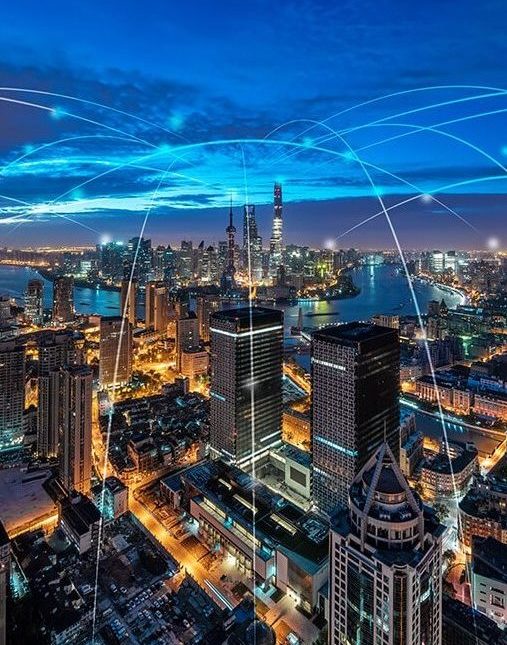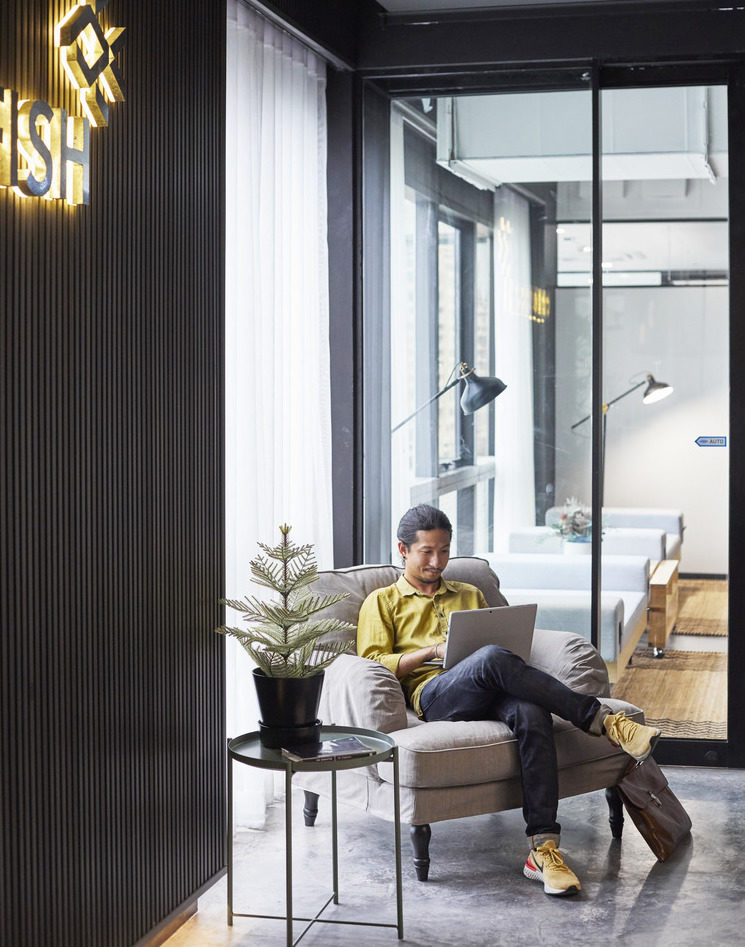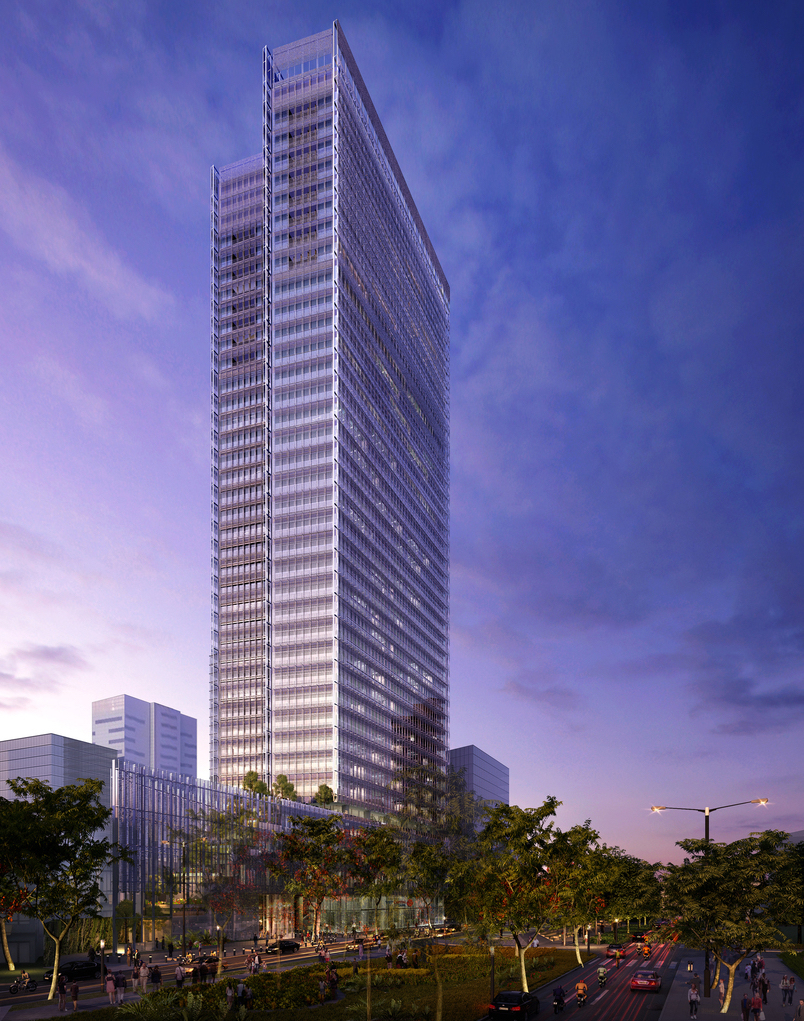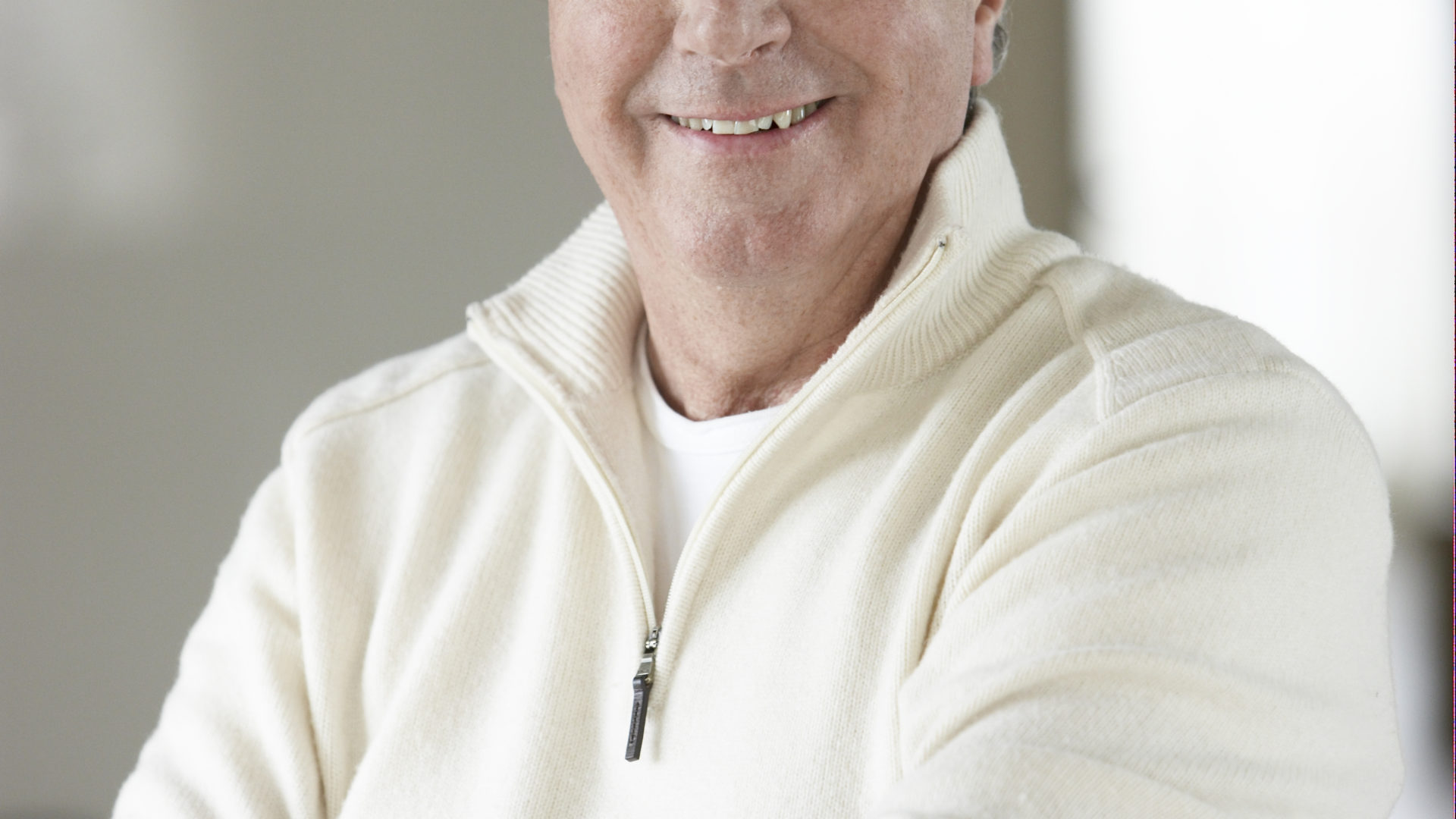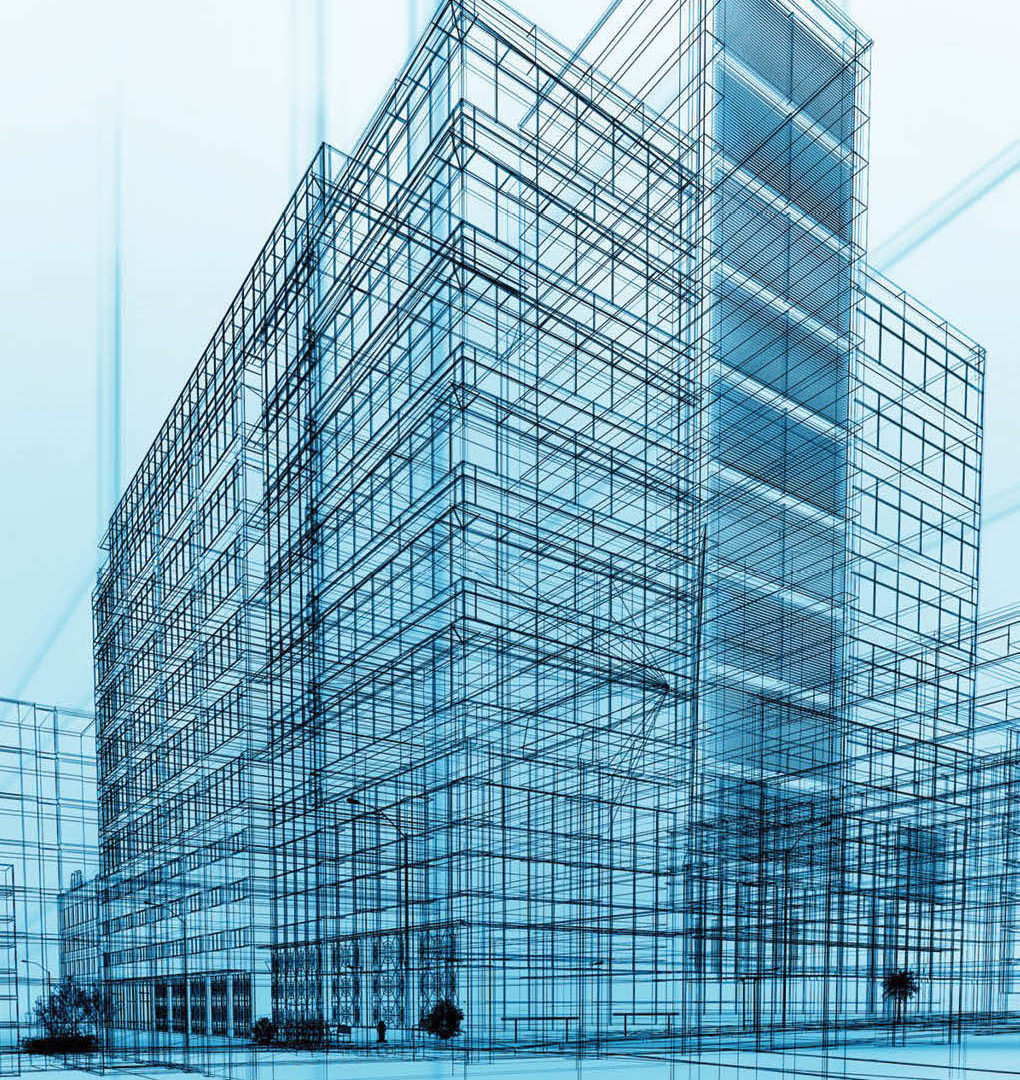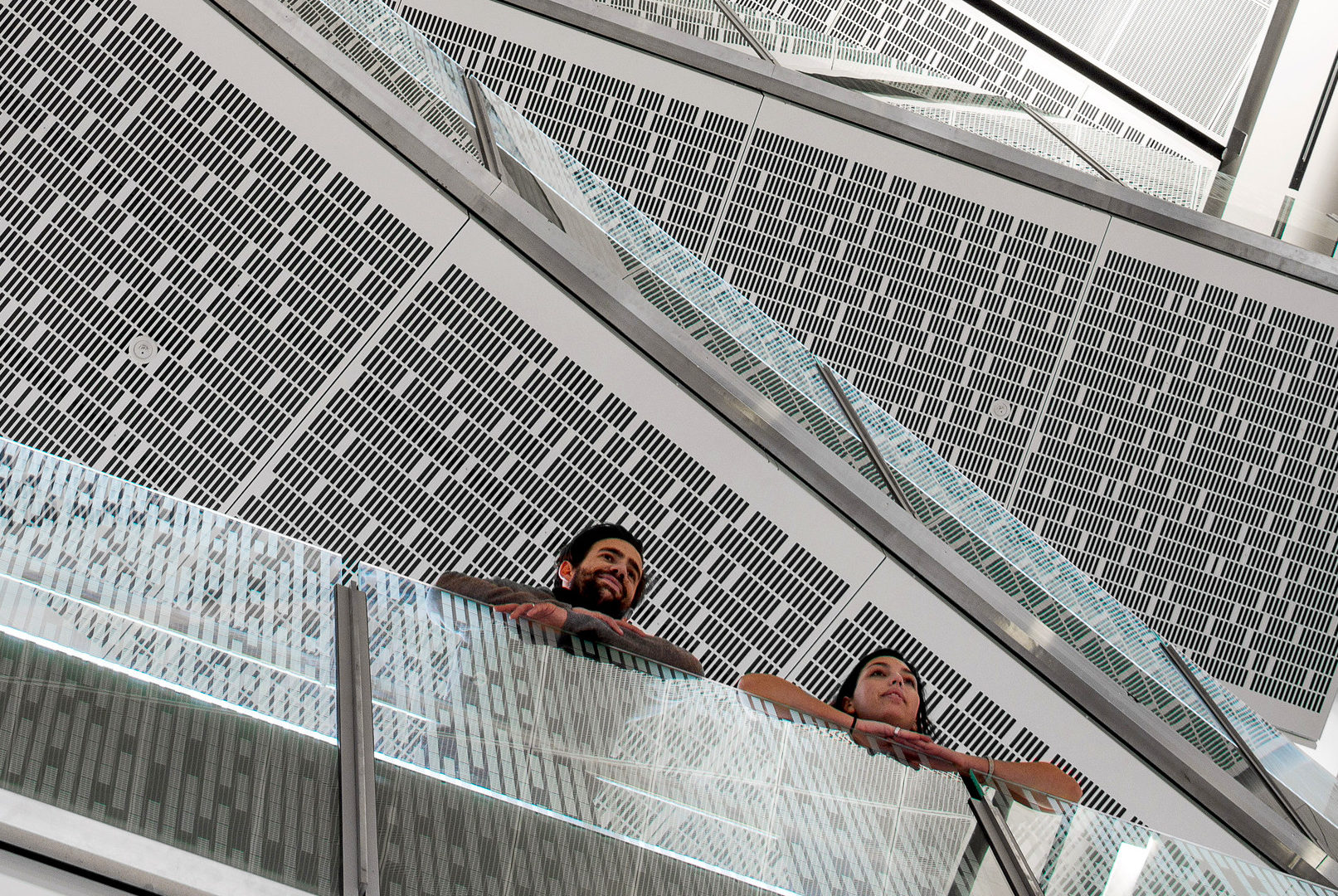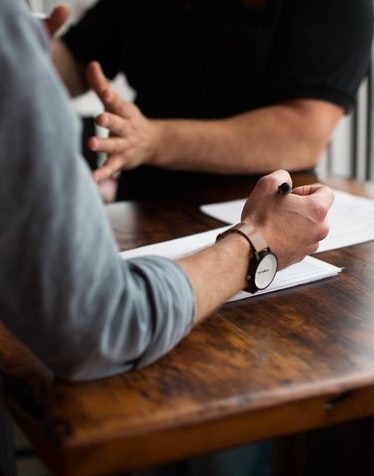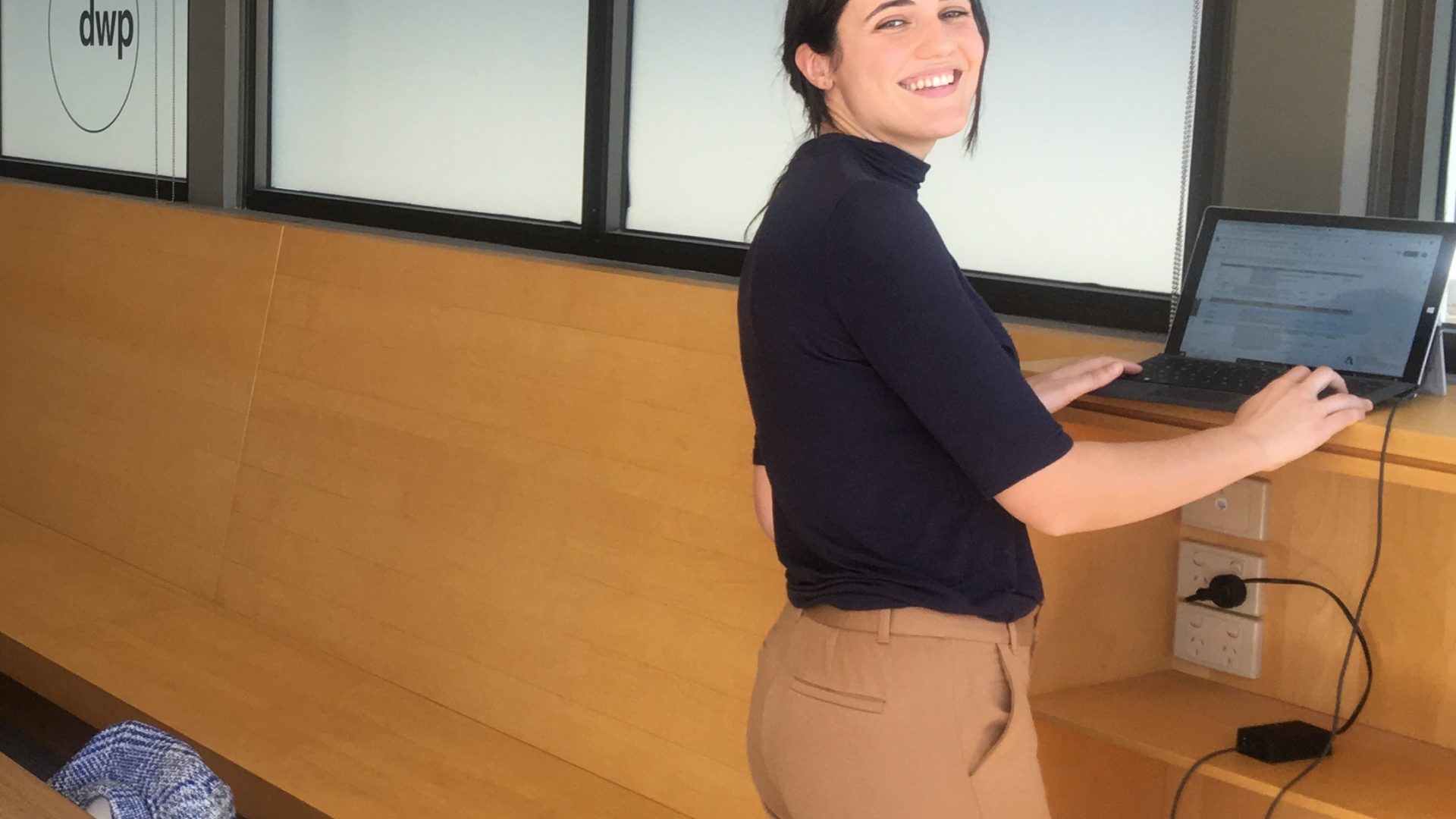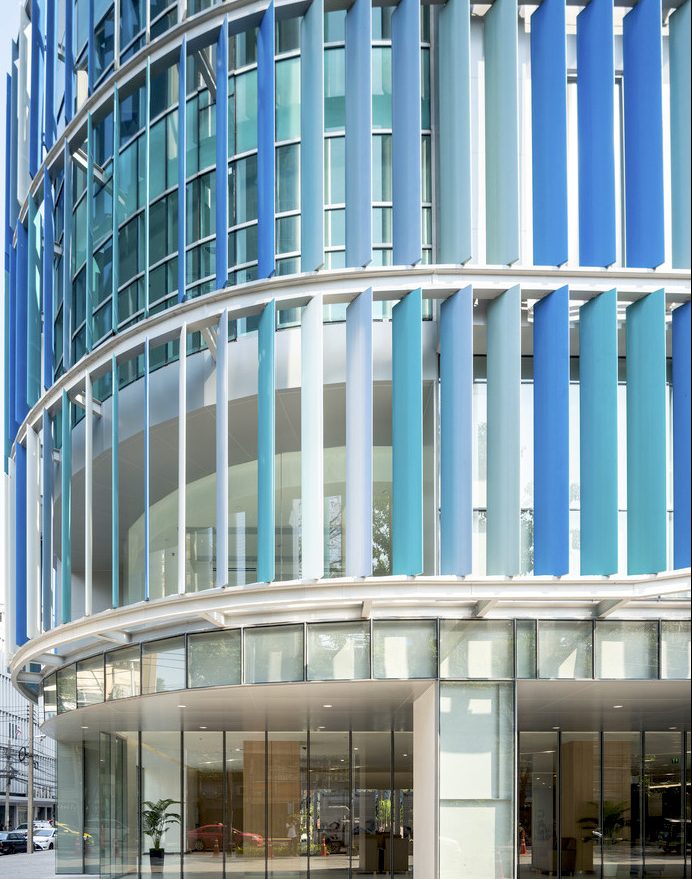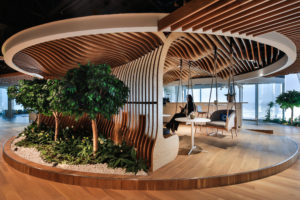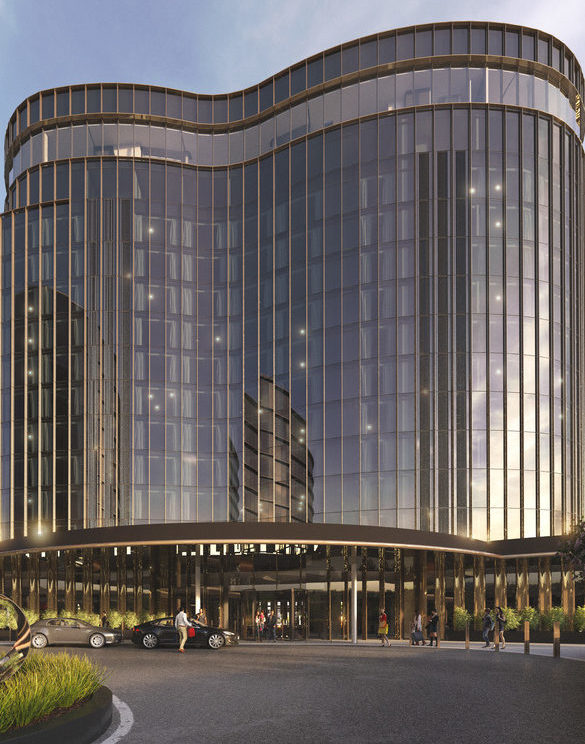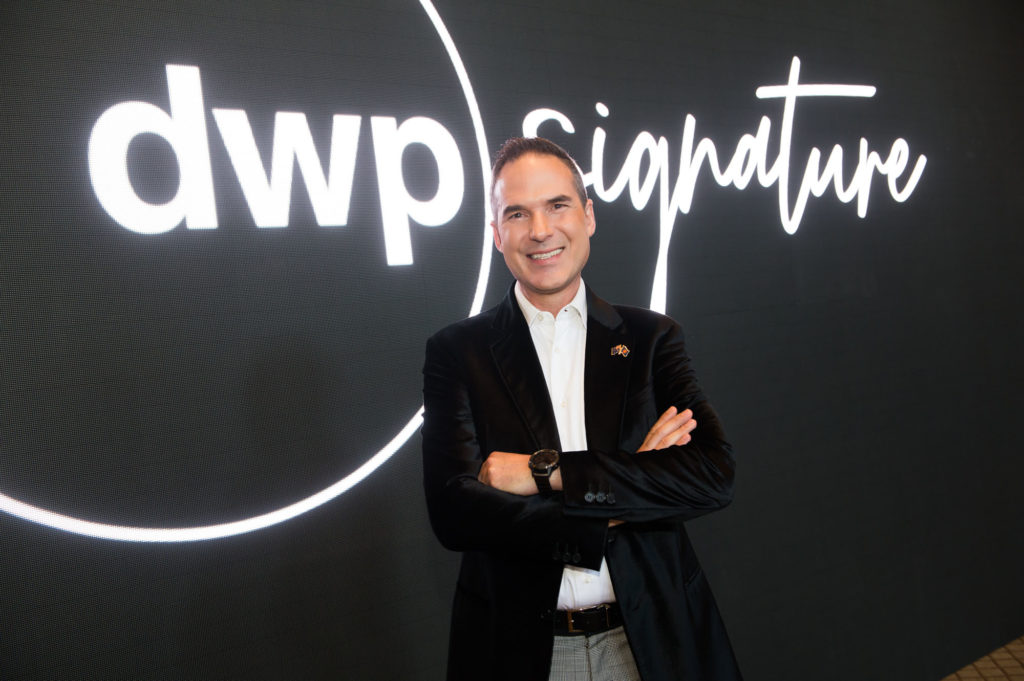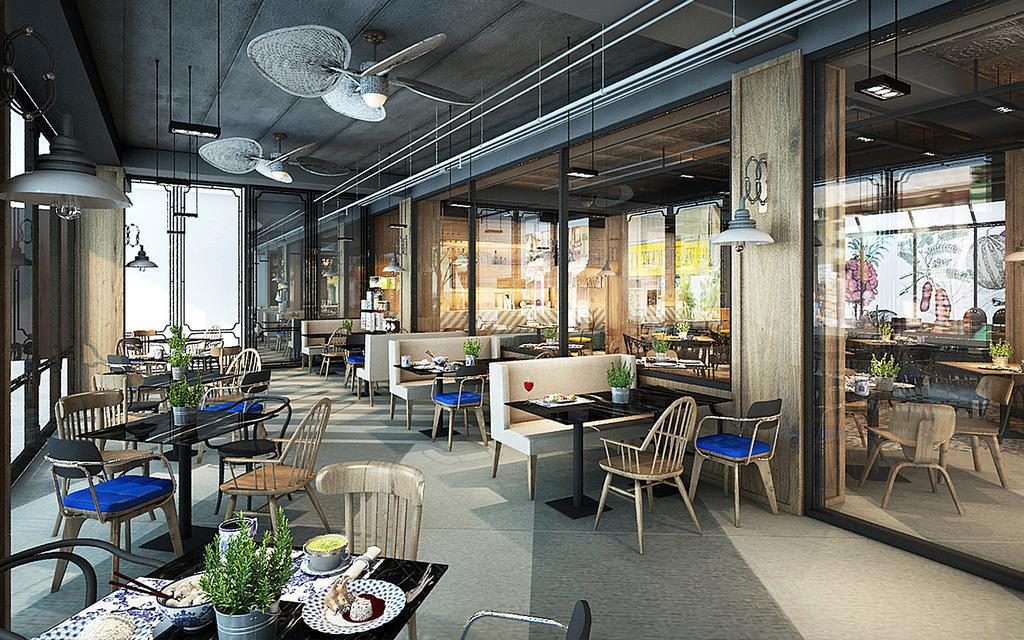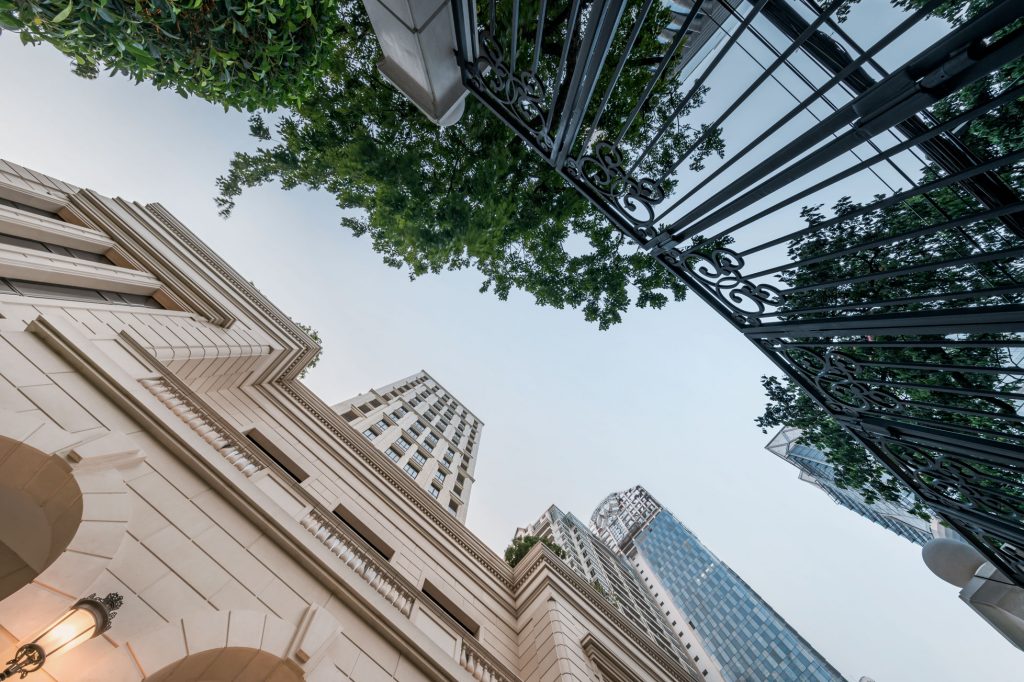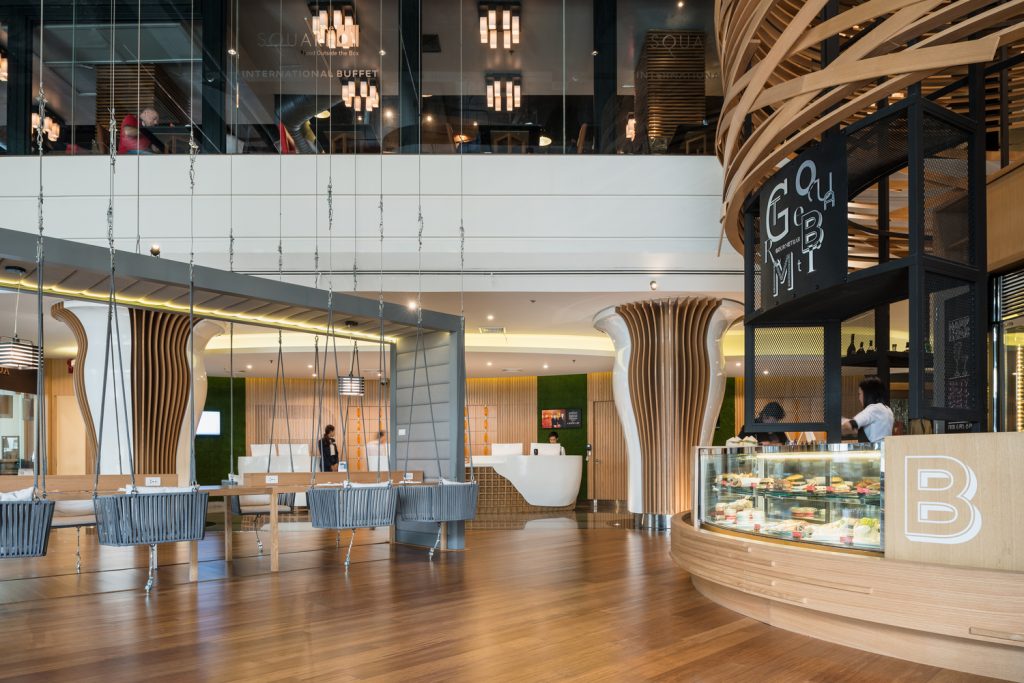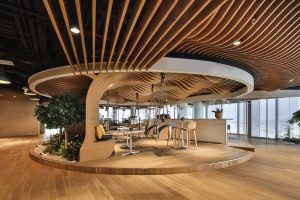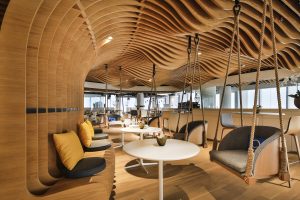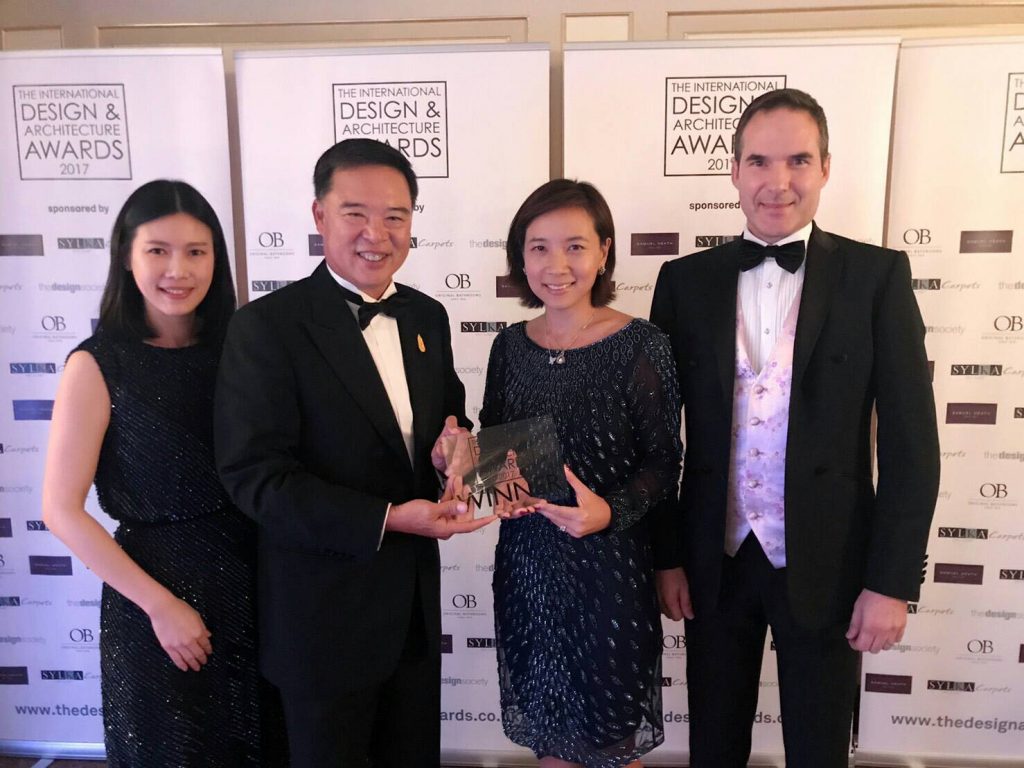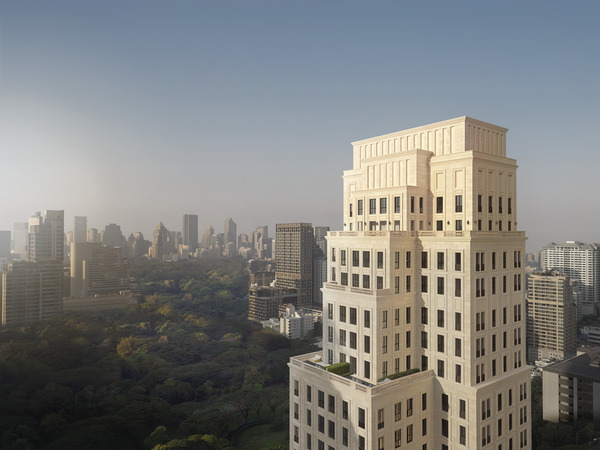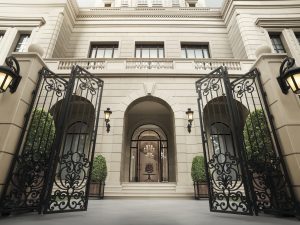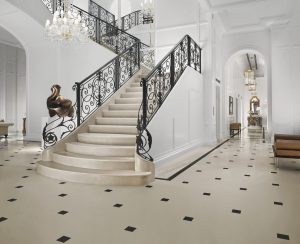Most agile and activity-based workplaces may be efficient, but they aren’t exciting. What’s the secret to creating workplaces where people want to be? Look to hospitality design for some lessons in style, says dwp.
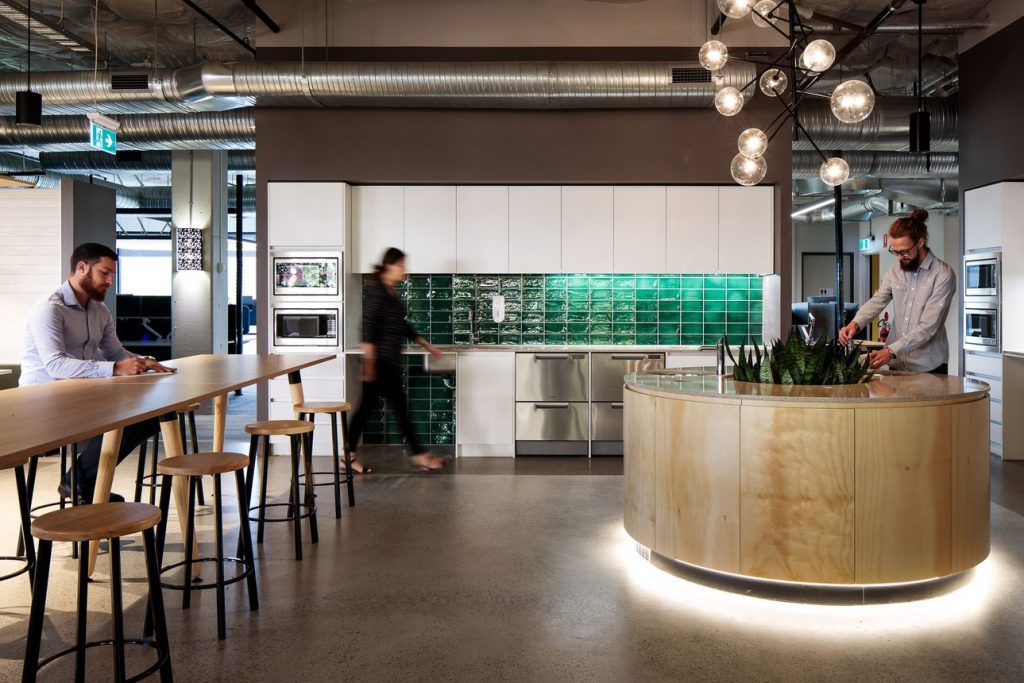
“Google may have its slippery dips between floors and Amazon its indoor rainforest, but most workplace design still misses the mark,” says dwp’s Global Workplace Lead, David Drover.
Technology is driving a rapid rethink of the office environment. In an ‘anywhere working’ world, fixed desks are like fax machines – obsolete. In fact, a recent survey of 400 multinational corporations by corporate real estate agent CBRE found that two-thirds plan to implement shared-desk and activity-based working models by 2020.
At the same time, coworking is no longer the unconventional choice for freelancers and start-ups. Tech giants like Google, Microsoft, IBM, Airbnb, Amazon and Verizon are embracing coworking not just as a space and cost saver, but as a collaboration tool and an ideas incubator. And as they do, office design becomes more important than ever before.
“Business volatility and fluctuating staff levels are driving the agile working and coworking trends, as companies look to consolidate their office space. It’s not economical to maintain space all year round for staff that may only need a work desk a couple of times a month,” says dwp’s Managing Director Bangkok, Philip Hannaford.
“Agile and coworking office environments can also enhance collaboration, and encourage employees to rub shoulders with a wider range of colleagues, potential customers and even competitors.”
Function over form means no fun
But while activity-based working and coworking spaces might be functional, they aren’t terribly inviting, David says.
“In many cases, offices are soulless places. What’s the point in creating spaces that are agile and efficient if people don’t want to be there?”
“People crave intriguing and idiosyncratic places that ground them in their sense of place.”
David says workplace design should take its cues from the way hotels consider service and amenity.
“From the moment a guest steps foot into a hotel, it’s about the experience. And that’s something we can translate into workplace design.
“Great hotel design creates a sense of arrival, leverages every square metre of its location, and shapes each space to create special moments.”
Philip Hannaford agrees, and points to the concierge desk at many Premium and A-Grade offices which employ service companies that provides staff who are hospitality-trained, “because they understand how to deliver the front door experience”.
“Convergence” – the big buzzword across most industries – will occur in workplaces around the world, as coworking and hotel brands begin competing in the same space, Philip adds.
Expect some coworking companies to embrace hotel operating models, and some hotels to jump into coworking.
“Hotels have the brand awareness, service models and operational expertise to compete and perhaps even do it better than the current crop of coworking providers,” David explains.
“Business centres in hotels rarely offer a great experience, but a well-designed coworking environment would provide a better level of service for hotel guests and a new revenue stream for hotels.”
Efficiency and experience in equal measure
What does this mean for dwp’s clients?
“Activity-based working or coworking can undoubtedly enhance the efficiency of your space, help you get more out of your staff and reduce your real estate footprint. When 80 per cent of a company’s operating expenses come from staff salaries, even a small increase in efficiency can deliver a significant saving,” Philip says.
“The secret is to make coworking not only efficient but memorable. It’s not about design for design’s sake, but about making sure that the workspace is positioned for its unique market and location.”
Hospitality is embedded in dwp’s architectural DNA, and its team has created unique architectural experiences around Asia with buildings that anchor visitors to the place and time.
“As millennials become the new corporate leaders, commercial office fitouts can take their design cues from coworking environments that respond to the energy, innovation and ad hoc nature of start-ups, ” David concludes.
So, if you are looking for workplaces that enhance efficiency and create experiences in equal measure, speak to dwp about a solution. Contact david.d@dwp.com or philip.h@dwp.com for more information.
